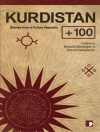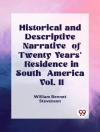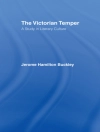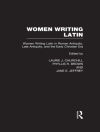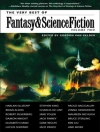Madame Bovary, by
Gustave Flaubert , is part of the
Barnes & Noble Classics
series, which offers quality editions at affordable prices to the student and the general reader, including new scholarship, thoughtful design, and pages of carefully crafted extras. Here are some of the remarkable features of
Barnes & Noble Classics:
- New introductions commissioned from todays top writers and scholars
- Biographies of the authors
- Chronologies of contemporary historical, biographical, and cultural events
- Footnotes and endnotes
- Selective discussions of imitations, parodies, poems, books, plays, paintings, operas, statuary, and films inspired by the work
- Comments by other famous authors
- Study questions to challenge the readers viewpoints and expectations
- Bibliographies for further reading
- Indices & Glossaries, when appropriate
Barnes & Noble Classics pulls together a constellation of influences—biographical, historical, and literary—to enrich each readers understanding of these enduring works.
The publication in 1857 of
Madame Bovary, with its vivid depictions of sex and adultery, incited a backlash of immorality charges. The novel tells the story of Emma Bovary, a doctor’s wife bored and unfulfilled by marriage and motherhood. She embarks upon a series of affairs in search of passion and excitement, but is unable to achieve the splendid life for which she yearns. Instead, she finds herself trapped in a downward spiral that inexorably leads to ruin and self-destruction.
Along with Tolstoy’s
Anna Karenina,
Flaubert ’s tragic novel stands as a brilliant portrayal of infidelity, an incisive psychological portrait of a woman torn between duty and desire. Written with acute attention to telling detail,
Madame Bovary not only exposes the emptiness of one woman’s bourgeois existence and failure to fill that void with fantasies, sex, and material objects. Emma’s thirst for life mirrors the universal human impulse for idealized fulfillment.
Chris Kraus is the author of the novels
I Love Dick, Aliens & Anorexia, and
Torpor, and a collection of essays,
Video Green: Los Angeles Art and the Triumph of Nothingness. She is co-editor, with Sylvere Lotringer and Hedi El Kholti, of the independent press Semiotext(e). She teaches in the graduate program of the San Francisco Art Institute.


